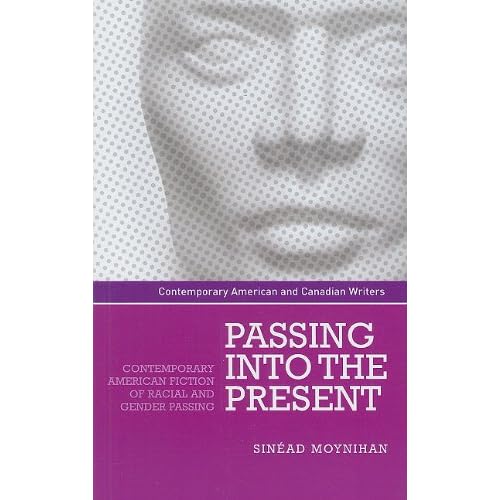The Pieces of Zadie SmithPosted in Articles, Media Archive on 2016-10-17 20:14Z by Steven |
The New York Times Style Magazine
2016-10-17
Briton, Jamaican, mother, writer, female: on becoming whole with one of this generation’s most vital literary voices.
ZADIE SMITH IS THERE and not there. In the streaming image on my laptop she sits at a desk, backlit in her book-lined office, her right hand holding a goblet filled with liquid of such a dark crimson that it seems to suck all the other colors from the room. In the dim light Zadie’s face looks pale, the scatter of freckles across her cheeks and the bridge of her nose shifting around as if in no fixed position.
Circumstances have forced us to talk via FaceTime. It’s after midnight in London, where Zadie is; dark too where I am, in the attic of my house in Princeton, N.J. Despite the 3,000 miles of ocean that separate us, the illusion is that we are facing each other across our individual writing desks.
I don’t like FaceTime. The sudden projection into my presence of a staring, homuncular creature always feels strange and violent. It makes me anxious to have to talk to someone like this and pretend they’re real.
There’s another reason for my hesitancy to credit what I’m seeing tonight. I’ve just finished Zadie’s new novel, “Swing Time,” and am still living in its shadow world. Like the black-and-white musicals that feature in its pages, the book is a play of light and dark — at once an assertion of physicality and an illusion — in which the main character, a girl born to a black mother and a white father, tries to assemble, from the competing allegiances that claim her, an identity that allows her to join the dance. This narrator is unnamed, as is the African country where much of the action takes place. The novel cloaks existential dread beneath the brightest of intensities.
I check the digital recorder. It appears to be working. The shadowy figure on my screen appears to be Zadie Smith. And so we begin…
Read the entire article here.

